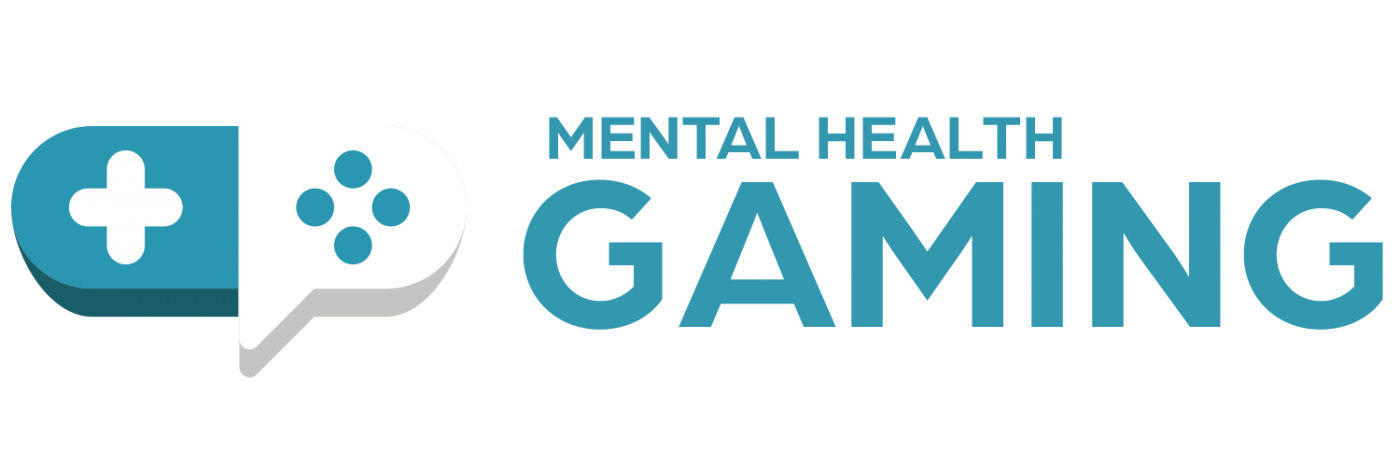If I prepare, everything will be okay. If I anticipate every detail, nothing is left to hurt me. I’m sitting in my car, feeling sick about leaving the drive.
You’re being ridiculous.
I’ve only been driving for three weeks. It’s natural to feel some anxiety. That’s the catch in not learning until you’re well into your thirties. Teenagers have it easy. They’re fearless. I know the truth: people are idiots. And I don’t want to make a mistake next to an idiot at 70 miles an hour.
Why are you still sitting here?
Now you’re going to be late.
As someone with low-level, run-rate anxiety all the time, preparation is something tangible to cling to. If I allow my brain to do its thing, I’ll evaluate every potential outcome, every pitfall, and plan for it in advance. It’s exhausting and, in practice, not particularly helpful.
Every time I haven’t prepared, I’ve been safe if not successful. Things go wrong, but I consistently deal with problems as-and-when they happen. It’s there in the work meeting I was dreading, but handled with the surface appearance of a confident, normal human being. It’s there in the little crises and emergencies that populate the average life, mostly navigated in a way I can look back and be happy with.
And yes, it’s there when I leave the drive. When someone pulls out on me at a roundabout, or the tyres lose pressure, or I take a wrong turn. Nothing bad happens and I realise just how wasted my time and energy was on plans I didn’t need to use.
Preparation makes the hunter grow stronger
When I don’t prepare in Monster Hunter, a massive t-rex scoops me up into its jaws, shakes me senseless, and tosses me away like spoiled dango. I fiddle with potions, but I’m stun-locked into oblivion. Then I’m on a cart. Then I’m dead and heading back to base.
In its moment-to-moment gameplay, Monster Hunter is series with a simplicity and immediacy that makes sense for its PS2 and PSP origins. Get a massive sword (or hammer, or bow, or set of bagpipes) and smash a monster to death. If you played a time-limited demo, that’s pretty much all you’d see. But that’s not the part of the game that matters to me.
The other aspect is an overthinker’s dream: a playground to overly plan and obsess about the challenges ahead and what you’ll do to overcome them.
The loop goes like this: struggle to defeat a small-baby monster with some terrible equipment and low stats. Use its insides and outsides to craft some slightly stronger equipment and head out to the next challenge. And remember to keep an eye on our ancillary items like healing potions and buffs, farming the relevant materials to keep yourself stocked up.
The fights in Monster Hunter can be long, but the meat of the game is in the lead-up. Asserting your dominance over those earlier monsters to get the bits and pieces you need. Running a repetitive loop around a familiar map to fill your pockets full of herbs and honey.
This is the peaceful space where the game, for me, is most comfortable: an outlet for some of my worst mental habits. And, crucially, a place where those instincts that so often drain my energy pay off as the next behemoth lies dead at my feet.
Here, when I prepare, I progress. In reality, when I prepare, the outcome is more or less the same as it would’ve been without the overthinking.
In video games, it’s all okay
Like anyone as a Real-Life Adult with Real-Life Stuff to do, I sometimes get to thinking about what purpose video games serve. They’re a distraction from the more tedious parts of adulthood. They’re toys to keep the mind and hands engaged. Occasionally, they’re emotional experiences that appeal to a sense of curiosity. Even more infrequently, they’re compelling stories to lose yourself in.
But I think what great video games can also offer is a safe outlet for some of our most self-destructive tendencies. And, more importantly, they reward things that are so often unrewarding in reality.
A spree across Los Santos makes aggression feel like a valid course of action. As Commander Shepherd, I can be an absolute dick to the people I meet for no apparent reason. In Pikmin 4, my perfectionist streak can let its freak flag fly – and my more judgmental side can look back on every day with satisfaction, not frustration.
And, in Monster Hunter, preparing a response to every possible attack, every debuff, and every move actually affects the outcome. What’s excessive in real life feels purposeful – even necessary – in the game.
Sometimes, it’s more sinister. Invading someone’s game in Dark Souls is a distant, disappointed relative of trolling strangers on voice chat. Camping an outpost in Sea of Thieves allows people to ruin my evening repeatedly in a way they hopefully wouldn’t on my real-world doorstep. But, again, the opportunity is there to respond in a way that simply wouldn’t be appropriate in real life – namely, hitting back with a vengeful, eye-for-an-eye mentality.
And, every now and then, video games are the place to overcome your most well-worn habits. To see what happens when you don’t prepare. To step up to the Anjanath with a beginner sword and cobbled-together armour. To win not because of planning, but in spite of its absence. And to understand that sometimes you flourish not because you’ve anticipated the problem, but because you were already more than capable.

